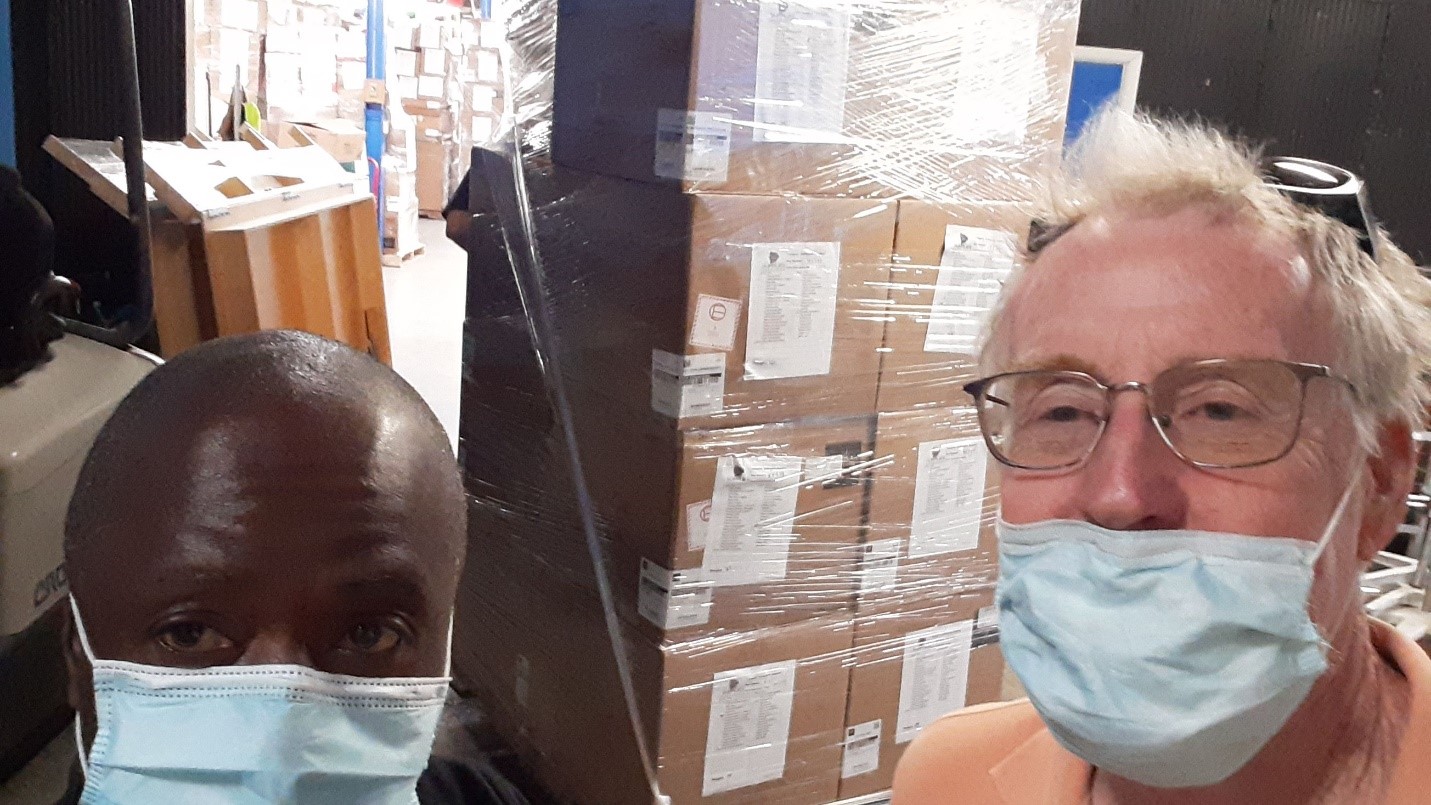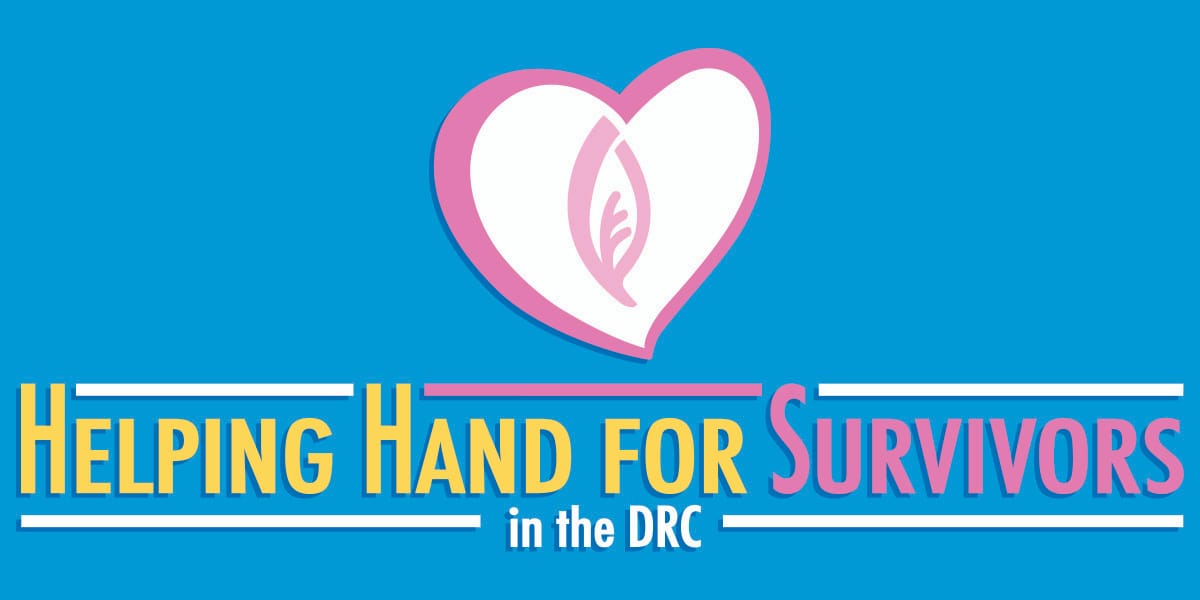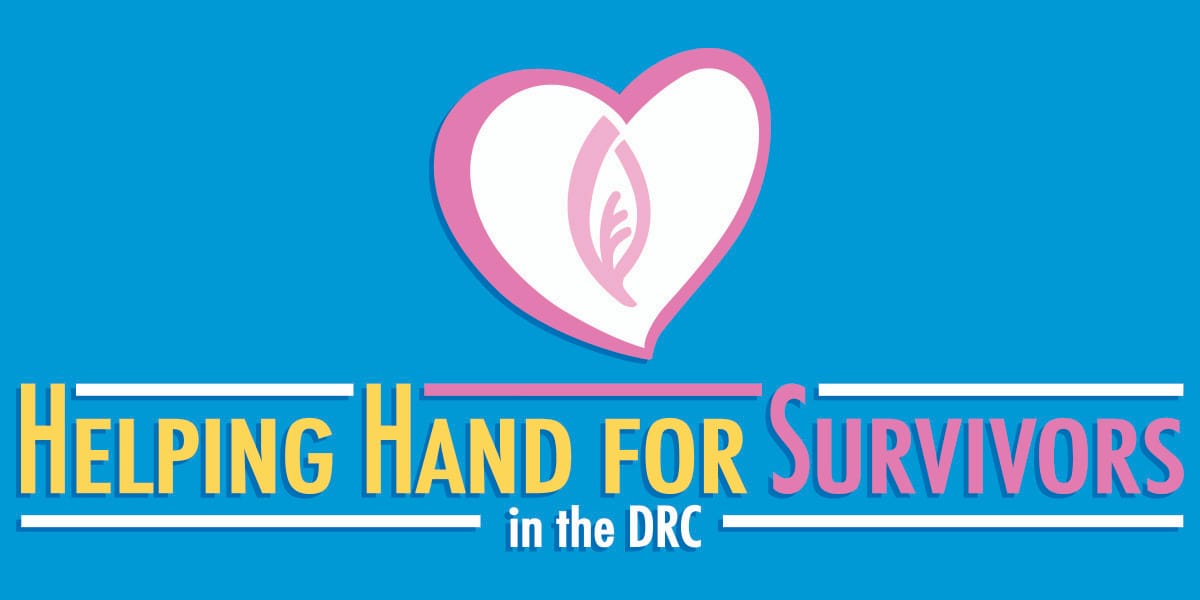Helping Hand for Survivors sending medical supplies container to DRC to support women and children in the health, nutrition and WASH program.
 Brother Les and Jean Claude packing supplies to be sent to DRC.
Brother Les and Jean Claude packing supplies to be sent to DRC.
Background
During the first and second civil wars (1996-2011) in the DRC thousands of people were killed, and many atrocities were committed; countless women were victims of rape. The DRC has been called the rape capital of the world with some numbers as high as 48 per hour. As a result, poverty rates have increased. Women feared to leave their homes to look for food or water due to a well-founded fear of being raped while outside of their homes. Therefore, women are left without options for a quality of life. The overpowering stigma that surrounds raped women and girls results in even more trauma beyond the act itself. Families reject these women and girls, so once they have been released or run away, they are left homeless. The babies of the victims are also stigmatized by the culture. For many, the best choice seemed to be dead, and for many victims of sexual assaults, that is what they chose. Neither the government nor humanitarian organizations allocated resources to help. Many of those who were believers lost their faith due to difficulties in their lives.
Challenges including preventing children under 5 years from acute malnutrition. This is critical because most mothers are not prepared to care for children with malnutrition when caring for healthy children is already hard due to lack of food, clean water, and immunization.
Protecting kids during an epidemic period is vital. When there is a lack of clean water, cholera can spread with alarming speed. During a crisis, the DRC lost many children due to not being prepared. HHS is equipped to assist when outbreaks of deadly diseases occur. Its medical teams quickly diagnose and provide lifesaving treatment to patients, especially to children. Currently, HHS partnered with WaterStep to provide clean water using the M-100 Chlorine Generator to disinfect water, making water safe for entire communities. HHS urges its beneficiaries as well as the community to use the Water, Sanitation, and Hygiene (WASH) policy that was provided to them to avoid continuous and preventable diseases. This policy is easy and simple to apply as it involves cleaning and washing hands accordingly. In South Kivu, cholera breaks out periodically. $200(US) can provide the medicine and care required to save 100 children during a cholera epidemic.
Many women lack a healthy start for their children. In places like Kabare in South Kivu, women give birth at home or in the street, which is dangerous to them and their babies. Most of the time they don’t go to hospitals or clinics because of a variety of reasons: they feel embarrassed that they are unable to pay for services, have no baby clothing, or the medical facilities are far away from their homes. If these women are offered boxes filled with daily hygiene items such as baby soap, clothing, diapers, lotion, pads, and other necessities for new mothers, they will be more likely to go to hospitals or clinics to give birth. The boxes will make it possible for mothers to have healthy and safe deliveries and provide the necessary supplies mothers need to care for their newborns. $45(US) is enough to support 2 mothers during their hospital stay before they return to their homes with their babies.
[sdonations]4[/sdonations]

